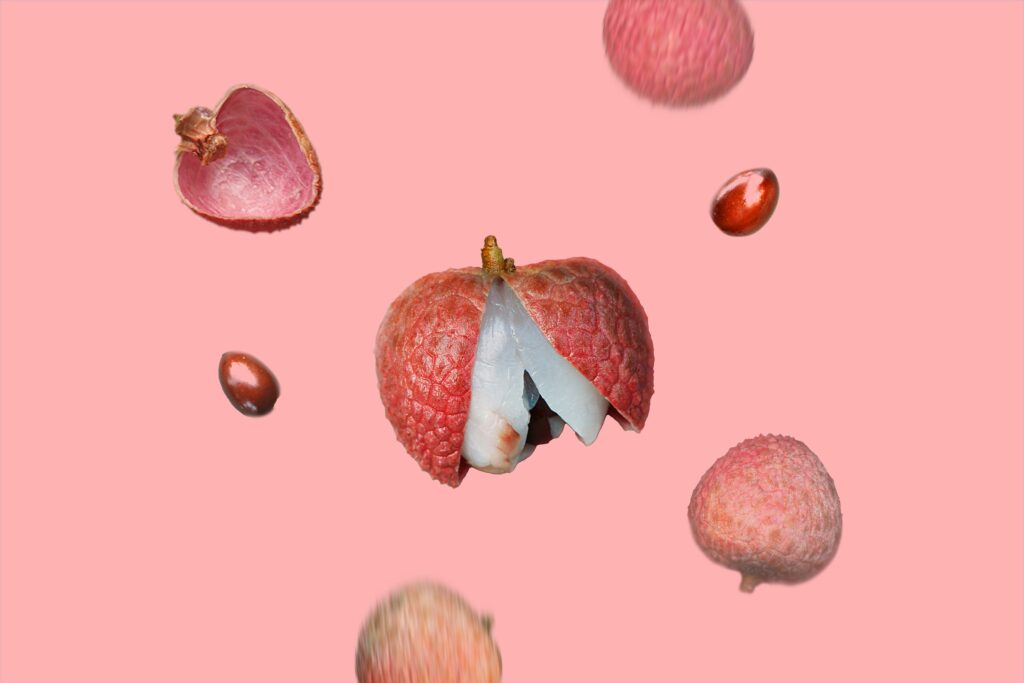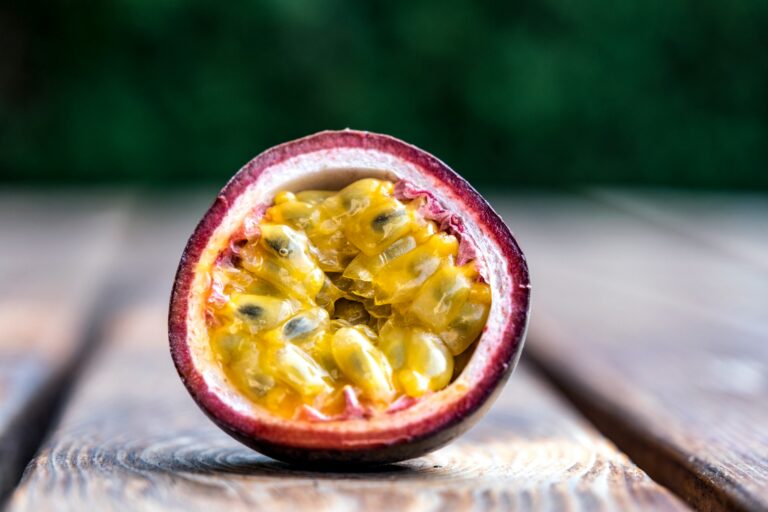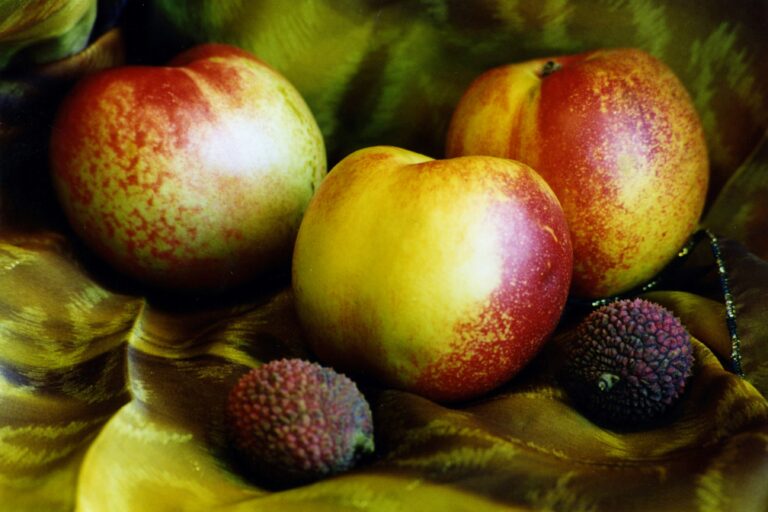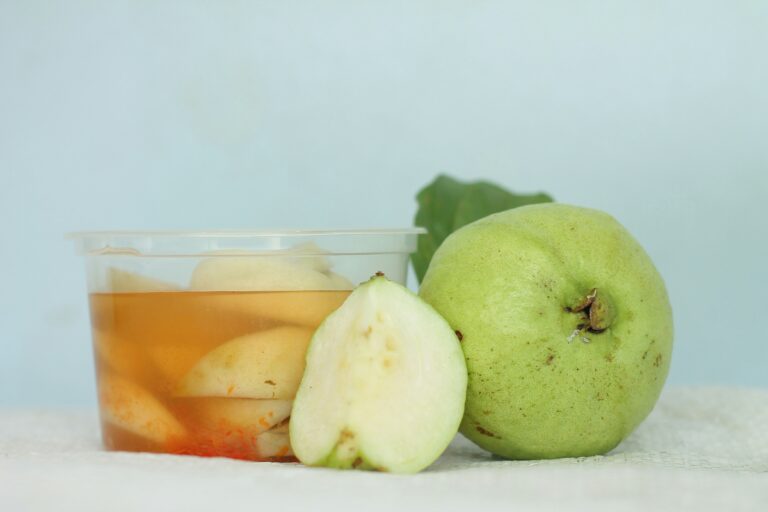The scientific name of lychee is Litchi chinensis. Lychee is native to Southern China. It belongs to the Soapberry family. It is an evergreen tree. The lychee is native to China and cultivated in warm tropical climates of Brazil, India, Taiwan, Malaysia, and Japan. Lychee, the queen of fruits, is an emerging fruit crop of Pakistan. China is the main producer of lychee. It bears small,l sweet fruits.
Color: The color of the lychee is strawberry red. These are reddish pink. Although those with browner skin are fine to eat as well.
Shape: The Lychee fruit is oval to round. The shape of the lychee seed is oblong to concave.
Size: The size is about 25 mm in diameter. And impressive weight of a lychee is about 50 to 60 grams.
Flavor: The flavor of lychee is sweet. It has a slightly floral and acidic note.
Nutrients
One medium-sized lychee (100 grams) contains about the following beneficial nutrients:
- Calories 66
- Sodium 1 g
- Sugar 1.5 g
- Saturated fat 0.1 g
- Total carbohydrate 17 g
- Vitamin C 119% of the daily value
- Vitamin B6 5% of the daily value
- Total fat 0.4 g
- Potassium 171 mg
- Dietary fiber 1.3 g
- Protein 0.8 g
- Iron 1% of the daily value
- Magnesium 2% of the daily value
| How to grow lychee? |
Health Benefits of Lychee
Lychee helps in promoting weight, improving diarrhea, skin health, and many other benefits. Lychee is rich in fiber that enhances skin health and also helps in improving digestion.
Boost immunity
A weak immune system can lead to assorted health issues. Lychee juice benefit is not limited to immunity alone. Lychee contains vitamin C and minerals such as B-complex that together work and help in strengthening the immune system. Antioxidants present in lychee help in the immunity-boosting process.
Excellent for weight loss
Lychee is a good source of fiber that helps you feel full. Also, it is high in water content and low in calories. It is an ideal fruit for those who want to lose weight. This fruit contains essential nutrients like iron, manganese, copper, phosphorus, and magnesium. These are beneficial for stronger bones.
Improves digestion
The human digestive system is extremely complex. It demands the right amount of dietary fiber, bacteria, and acids. Lychee is enriched with ascorbic acid, which aids in the production of the right amounts of gastric juice.
Support heart health
Lychee fruit benefits heart health. Lychee provides several minerals and folate that help manage blood pressure. Potassium is present in high amounts in this fruit, which balances the sodium levels in the body.
Good for skin
Eating lychee makes you healthier and younger, just by lowering the oxidative stress. Lychee contains Vitamin C, which helps to reduce the appearance of dark spots, uneven skin tone, and hyperpigmentation.
Good for lips
Lychee is enriched with Vitamin C that keeps the lips safe from external factors like extreme weather conditions, allergy, pollution, dryness, and even bleeding. Lychee makes your lips look softer and even fresher.
Side Effects of Lychee
Lychee is beneficial for health, but taking them in greater amounts than normal may cause serious effects such as:
- Skin itching
- loose motion
- swelling of the tongue
- swelling in the throat
- skin rash
FAQ’s
What does lychee do to your body?
Lychee, a tropical fruit, offers a variety of health benefits, including boosting the immune system, aiding digestion, and providing antioxidants that protect against cell damage. It’s also a good source of Vitamin C and fiber.
Is lychee hot or cold?
In Chinese medicine, lychee is generally considered a “hot” fruit. This classification is based on how foods are believed to affect the body’s metabolism and digestion, rather than the actual temperature of the fruit. Some also associate lychees with yang, which is believed to increase blood flow and body heat.
Can I eat lychee at night?
Yes, it’s generally safe to eat lychee at night, but there are some things to consider. Lychee is safe to eat at any time of day, as long as you don’t have an allergy to it. However, it’s best to avoid consuming it right before bed, especially if you have diabetes or are prone to hypoglycemia, as it can cause a rise in blood sugar levels.






